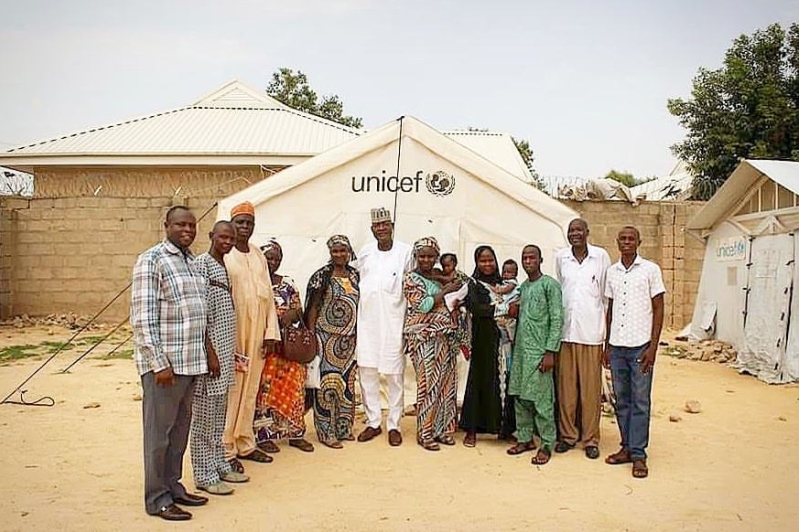
ABUJA, Nigeria —
Tensions are escalating across central Nigeria following a devastating attack on the Christian-majority village of Yelwata in Benue State, where hundreds of civilians were killed or displaced during a nighttime raid. The atrocity has reignited fears of renewed, large-scale assaults on Christian communities in the region.
Deadly Raid in Yelwata
Heavily armed assailants—believed to be Fulani herdsmen—stormed Yelwata between June 13 and 14, targeting homes, a marketplace, and a church compound sheltering internally displaced persons (IDPs). According to The Christian Post, initial reports estimated around 100 fatalities, but further assessments by local Catholic aid workers indicated the number could be as high as 200.
Witnesses described scenes of extreme brutality, with entire families killed and children burned beyond recognition. The attackers reportedly attempted to breach the church but were repelled by police, after which they turned their weapons on civilians.
Growing Fears Across the Region
In the days following the Yelwata attack, nearby villages, including Yogbo, experienced further assaults. On June 23, at least one more person was killed in what residents fear may be part of a larger, coordinated campaign. Many have now fled their homes and are taking shelter in overcrowded camps.
Local leaders warn that more violence may be imminent. Some describe the security situation as deteriorating by the day, with little faith in protection from state forces.
Inadequate Response and Humanitarian Crisis
Though security personnel arrived during the attack, they were unable to prevent widespread destruction. Benue State Governor Hyacinth Alia condemned the violence as a “terrorist siege,” calling for urgent federal intervention.
The Christian Post reports that thousands of displaced individuals are in dire need of basic necessities, including food, clean water, and medical assistance. Relief organizations operating in the region are struggling to meet the scale of the humanitarian need.
Religious Undercurrents
While some Nigerian officials have framed the conflict as a land dispute between farmers and herders, the religious identity of the victims—primarily Christian—has led local clergy and human rights advocates to describe the violence as targeted persecution.
Conclusion
The massacre in Benue is part of a disturbing trend of escalating violence in Nigeria’s Middle Belt. As communities reel from loss and brace for possible further attacks, the government faces mounting pressure to provide protection and pursue justice. Without a decisive and sustained response, the region risks sliding further into chaos.






